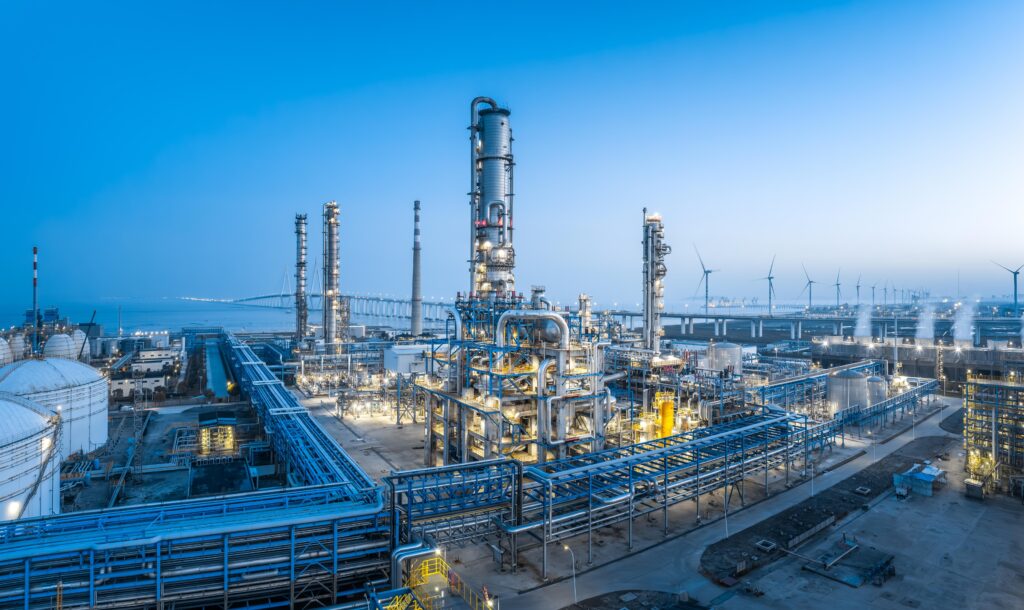
Industrial facilities depend on engineering solutions that perform safely and efficiently every day. When systems fail or underperform, the consequences can include unplanned downtime, safety risks, and lost production. Reliable engineering is not about completing a project quickly—it is about delivering solutions that function consistently, meet operational and regulatory requirements, and support long-term facility performance.
Why Trusted Engineering Matters
Engineering is valuable only when it produces predictable and durable outcomes. Facilities require systems that maintain performance under operational stress, changes in demand, and evolving safety standards. Trusted engineering ensures that modifications, upgrades, and maintenance provide both immediate results and lasting reliability.
Investing in reliable engineering reduces operational risk, protects personnel, and strengthens confidence in facility operations. It allows operators to plan for the future knowing that critical systems will continue to meet performance expectations.
Core Principles of Reliable Engineering
Reliable engineering is built on practical expertise, thoughtful planning, and long-term thinking. Essential components include:
- Practical Design Solutions – Implementing engineering decisions that function effectively in real-world operating conditions. Designs account for actual facility workflows, environmental conditions, and operational constraints.
- Safety and Compliance – Ensuring all systems meet regulatory standards and internal operational requirements. Compliance is integrated into every step of the engineering process, from planning to execution.
- Innovation with Purpose – Introducing improvements that enhance performance without creating unnecessary complexity or operational risk. Every change has a clear benefit to efficiency, reliability, or safety.
- Cost-Effectiveness – Balancing technical excellence with responsible budgeting. Reliable engineering delivers lasting value without unnecessary expenditure.
Focusing on these principles ensures that engineering work not only meets immediate needs but provides a foundation for sustained operational success.
Building Long-Term Partnerships
Reliable engineering extends beyond individual projects. It requires ongoing collaboration with clients to understand operational objectives, anticipate challenges, and provide consistent support. Long-term partnerships allow engineering teams to:
- Deliver predictable, repeatable results across multiple sites and projects.
- Anticipate operational challenges and implement proactive solutions.
- Align engineering improvements with broader strategic goals and operational priorities.
By fostering strong client relationships, engineering teams reduce risk, improve system reliability, and provide confidence that solutions will continue to perform over time.
Real-World Example: CMC Steel Texas Electric Arc Furnace Project
The Electric Arc Furnace installation and cooling system upgrade at CMC Steel Texas demonstrates the impact of reliable, client-focused engineering. During a 47-day outage, a new, larger furnace was installed while an existing unit was replaced. Engineering support included foundation work, duct replacements, electrical upgrades, and system modifications that maintained alignment with production requirements.
Additionally, three separate cooling water systems were consolidated into a single 32,000 GPM service system designed to accommodate future expansion. By integrating practical design, operational planning, and safety considerations, the project was completed efficiently, safely, and with long-term durability in mind. The result is a system capable of supporting operations for years to come while minimizing the risk of downtime or failure.
The Impact of Consistent Engineering
Facilities benefit when engineering is reliable, practical, and client-focused. Consistency in design, implementation, and support builds operational resilience, strengthens safety, and ensures that critical systems continue to perform over time. Trusted engineering allows operators to plan with confidence, knowing that upgrades and modifications will deliver durable results, protect personnel, and support long-term operational goals.